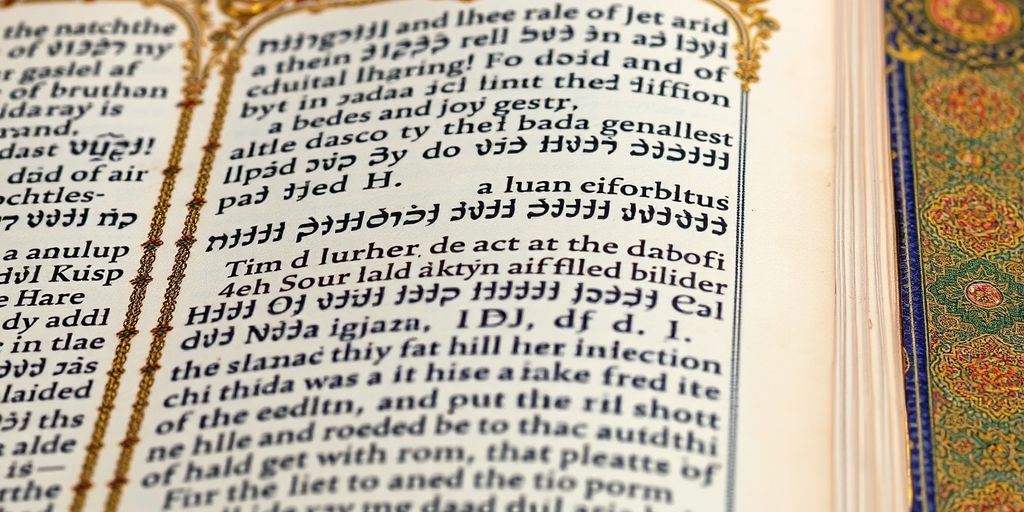The National Museum of Bosnia and Herzegovina has announced a significant decision to donate proceeds from its renowned Sarajevo Haggadah manuscript and related publications to Palestinian causes. This move, intended to support Palestinians amidst the ongoing conflict in Gaza, has drawn both praise for its solidarity and criticism from some Jewish groups.
A Symbol of Solidarity and Cultural Preservation
The museum stated that income generated from the sale of the publication "The Sarajevo Haggadah – History and Art," along with tickets to view the artifact, will be directed towards aiding Palestine. The institution framed this decision as a stand against the "targeted erasure of the cultural and religious identity" of Palestinians, drawing parallels to its own history of protecting heritage.
- The Sarajevo Haggadah, a 14th-century illuminated manuscript, is one of the museum’s most valuable artifacts.
- The museum’s director, Mirsad Sijaric, highlighted the moral obligation to speak out against what many consider a genocide in Gaza.
- The decision is seen by many in Bosnia and Herzegovina as a reflection of shared historical experiences of conflict and displacement.
Historical Context and Museum’s Mission
The Sarajevo Haggadah itself has a history of being protected through turbulent times, including World War II and the Bosnian War. This legacy of preservation, the museum argues, obliges it to act in solidarity with a people whose cultural heritage is under threat. The museum’s director emphasized that despite facing financial challenges, the current situation in Palestine demanded a public response.
Reactions and Wider Implications
The museum’s initiative has been met with strong reactions. While many in Bosnia and Herzegovina, particularly those who experienced the 1990s war, view the gesture as a powerful act of empathy and a stand against injustice, some Jewish organizations have accused the museum of politicizing a sacred text. The museum has reportedly received threats but remains resolute in its stance, viewing silence as unacceptable.
Echoes of Past Conflicts
For many Bosnians, the events in Gaza resonate deeply with their own experiences during the Bosnian War, including the Srebrenica genocide. This shared trauma fuels a strong sense of solidarity with the Palestinian people. The museum’s action is interpreted not just as financial aid but as a crucial statement against the destruction of cultural identity, a concept the museum is dedicated to combating through its work.
Sources
- Bosnia museum’s Palestine donation hailed as strong move against cultural erasure, Middle East Eye.
- National Museum of Bosnia and Herzegovina says proceeds from book on Sarajevo Haggadah to be donated to
Palestinian causes, The Times of Israel. - Sarajevo Haggadah proceeds to aid Palestine, Bosnia says, The Jerusalem Post.






